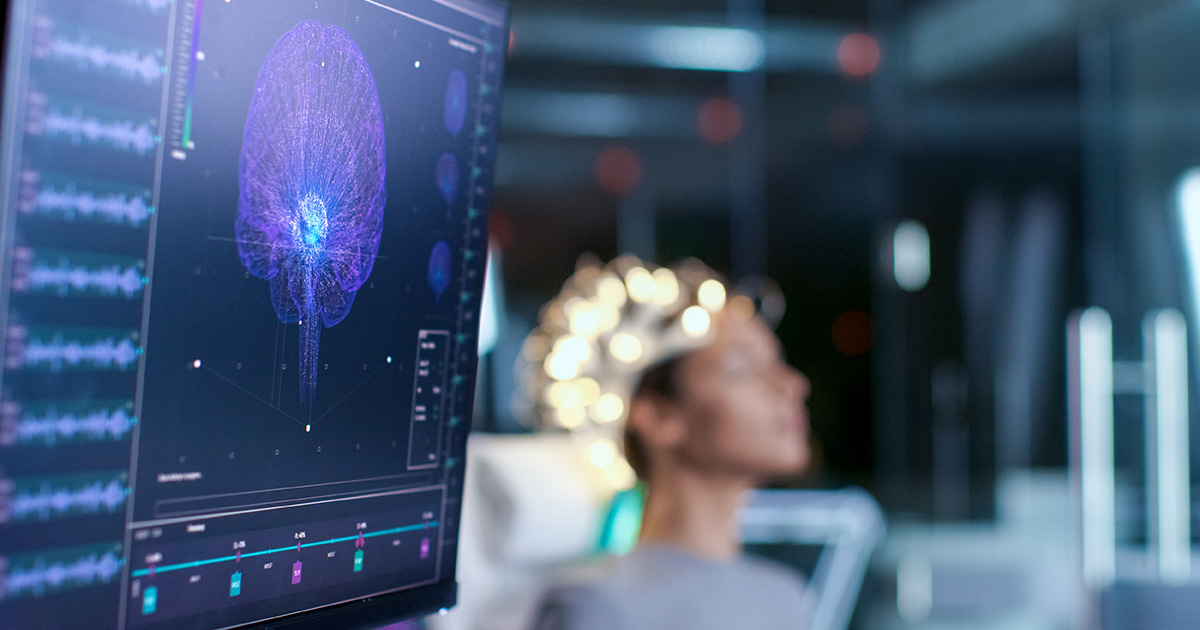The Woolcock Institute of Medical Research

The Untapped Potential for Sleep
Once a “Cinderella” field, sleep research is enjoying a higher profile than ever before.
The Woolcock’s Professor Ron Grunstein has been a leader in the field of sleep medicine for more than 30 years. He was involved in the early development of nasal CPAP and non-invasive ventilatory support for sleep-breathing disorders and continues to lead research into various aspects of clinical sleep medicine including the simplification of sleep apnea diagnosis and the metabolic and neurobiological effects of sleep loss.
When Professor Grunstein talks sleep, people listen and he believes that sleep, as an area of research and as a clinical discipline, has much further to grow.
The Lights are On
“The old concept of sleep was like an on-off switch. People viewed sleep as a bit like a form of death where your brain went to sleep. What we’ve learned through measuring the brain’s electrical patterns (EEG) – but specifically through high density EEG where we have 256 points of contact rather than eight – is that the brain has little pockets that may be awake and others that may be asleep at the same time. What we’re working on discovering is how much or what parts of the brain need to be active to make you fully awake and fully alert and how much that affects your ability to function. Similarly, do these sleep-wake regional changes in the brain impact people with insomnia. And how do sleep disorders or brain ageing affect that.”
Professor Grunstein believes we are on the precipice of a revolution when it comes to the way we treat sleep disorders informed by what we are learning from brain activity, chemistry and other aspects of our general health.
“We’re testing drugs for narcolepsy that look like they’re able to keep people awake like nothing else before – if that leads to products, it will make a huge difference to people’s quality of life. In the same way, we’re at the point now where we can help people to lose weight with medications and get the same results as using CPAP for sleep apnea.”
“The reality is that most people with sleep disorders are not currently being treated and it’s affecting their quality of life and health outcomes. We need to reach them and we also need to find smarter treatments for sleep disorders.”
Tunnel Vision
He says that sleep as a clinical discipline in Australia has been considered purely the domain of respiratory medicine. But only in Australia.
“There’s a tunnel vision that’s developed because CPAP was discovered here. In the US, you have psychiatrists or neurologists running sleep labs and their approach to training is a lot more fluid. In parts of Europe, sleep has always been a collaboration between neurology and respiratory.”
Collaborations between different disciplines to address sleep issues have been central to the growth and success of the Woolcock’s Sleep and Circadian Research group under Professor Grunstein’s leadership. He sees more opportunities to grow that model with the Woolcock’s move to Macquarie University.
“Macquarie are very supportive of health research. They have a broad medical faculty, lots of brain and biological research and a hospital that the university owns itself, unique in Australia. They have the facilities, on-site MRI and the expertise related to that.”
Want to stay up to date with our research on sleep and respiratory conditions?
Sign up to our monthly newsletter
Educating the Next Generation
“The opportunities for us in sleep will also come from their student population. They have 2000 psychology students and only a minority of those will go on to become clinical psychologists. We can offer them training in sleep or opportunities in behavioural research. They have people doing medical science degrees who’ll want to be involved in clinical trials, we’re always looking for people with that sort of background. And people wanting to do higher degrees.”
Today, there’s a whole industry of sleep coaches, influencers and commentators, “experts” on everything from sleep hygiene to mouth taping, sleep learning for babies to “peak sleep performance” for athletes. “We need to make sure those people have appropriate education and training,” he says.
Asked to fast-forward another decade, Professor Grunstein would like to see Departments of Sleep Medicine in hospitals and universities in Australia and neurologists, endocrinologists and even cardiologists being trained to be involved in the management of sleep disorders.
The world of sleep, to his mind, is only just waking up.










